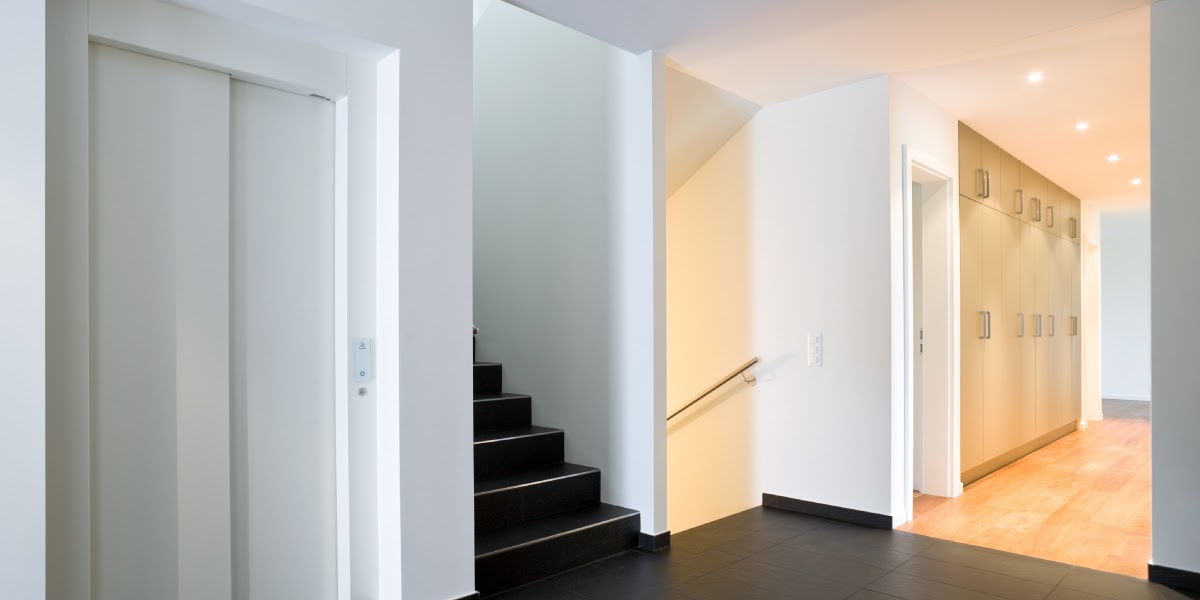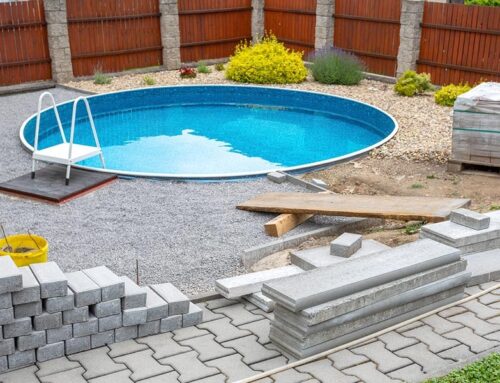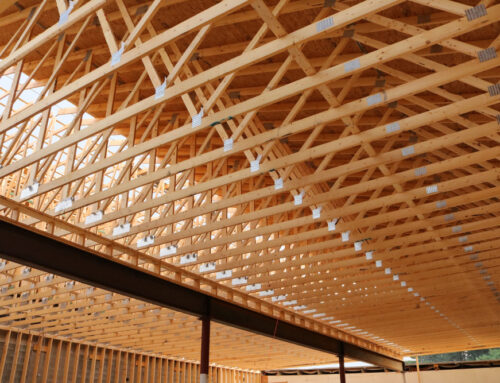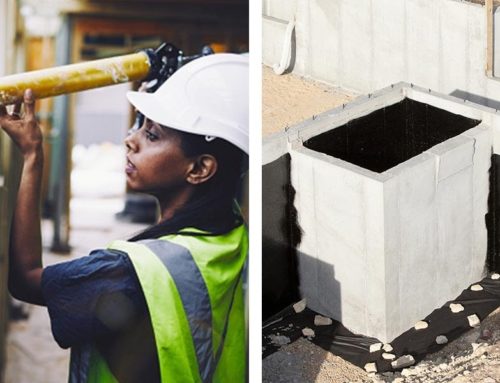When you think about residential elevators, you might envision a large, luxurious mansion. The reality is, this isn’t always the case! Adding an elevator to your home can have so many benefits, from aiding in mobility for those who need it, to transporting large items between floors, or just adding a new level of convenience to your daily life.
However, this is no small addition, so it’s important to ask yourself some important questions before you start construction.
Who’s living in the space?
Having an elevator in your home can be so helpful depending on what your family looks like. If you have little kids, it may not be the best idea, as it can pose some safety hazards. However, if you have anyone living with you who is disabled, elderly, or has any other mobility issues, an elevator is a great solution to making each day easier and improving the overall quality of life for everyone in your home.
How long do you plan on staying?
If you are living in your first home and aren’t planning on staying forever, it might not be a smart investment to add an elevator. How long you’ll be in the home will impact whether it’s worth it to install this feature. Planning on growing old in your home? An elevator will help you maintain your independence while enjoying your home long-term.
Is it cost-effective?
Installing residential elevators is no easy task, and that means it comes at a price. The average cost of installing an elevator into your space is around $25,000 and could be much higher based on the space, or your own design preferences. This price point means it’s not always a financially feasible option for everyone. Although an elevator could raise your home value in the future, it must be weighed against the cost to install.
Do you have the space?
One important aspect of installing an elevator is the amount of available space you have to work with. The process of installing a home elevator has improved significantly in recent years and does not require as much room as it used to. However, you still need a large chunk of space. This might limit where in your home the elevator can go, so it’s very important to map it out beforehand.
How many floors are in your home?
If you live in a single-story home, it’s a no-brainer that you can’t install an elevator! However, many homes have 2, or even 3 levels, and some also have a basement or other additional levels. The more floors your home has, the smarter it is to install an elevator to make getting up and down easier. Remember, an elevator doesn’t just have to be for people, it can also help you transport furniture or other large items between floors.
When you decide to install a residential elevator, it’s essential to ensure it is safe and protected from the beginning. The experts at WICR can help seal the elevator shaft to prevent water damage, and ensure your elevator runs smoothly for years.









